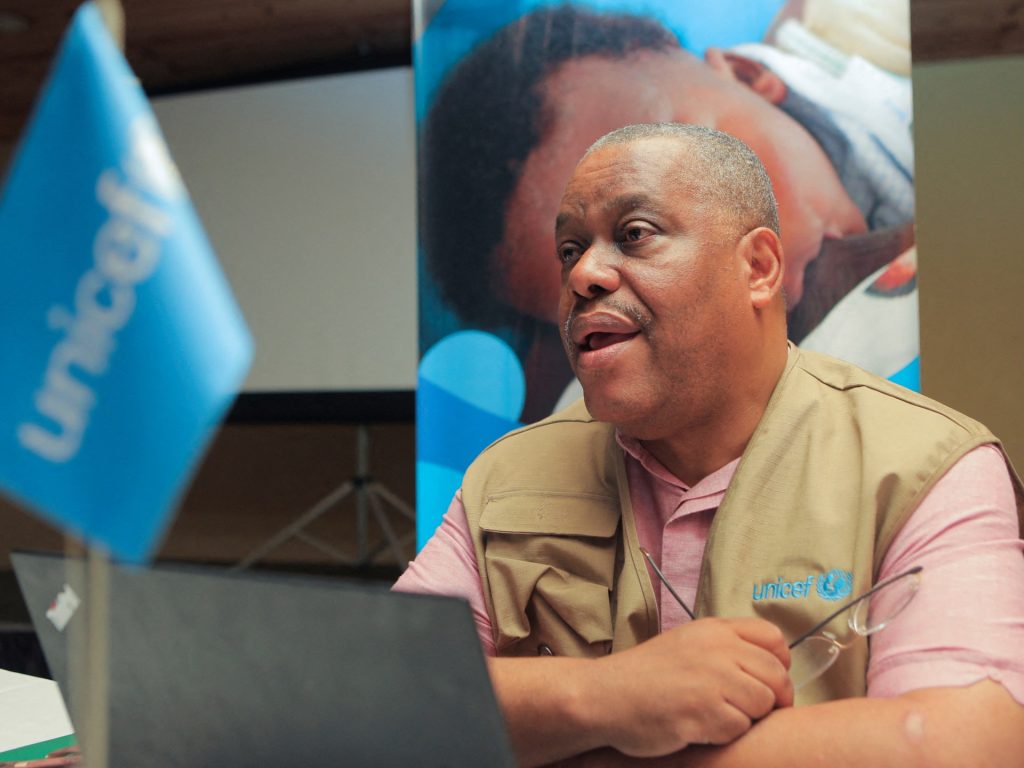The recent appointment of Garry Conille as prime minister of Haiti comes at a time of political turmoil and gang violence in the country. Conille previously served as prime minister for four months in 2011-2012 and has since worked as a regional director for UNICEF. His appointment by the nine-member transitional council follows the resignation of interim Prime Minister Michel Patrick Boisvert, who took over the role after former Prime Minister Ariel Henry stepped down in April. The process of selecting a new prime minister has been fraught with controversy and false starts, as Haiti has not held a federal election since the assassination of President Jovenel Moise in 2021.
Since Moise’s assassination, Haiti has been in political and social disarray, with gangs seizing control of much of the capital, Port-au-Prince. The failure to hold a federal election following Moise’s death has further heightened tensions in the country. Gang violence has resulted in the displacement of hundreds of thousands of Haitians, with more than 1,500 people killed in the first three months of 2024 alone. Prime Minister Ariel Henry faced pressure to resign due to his perceived inability to address the escalating violence and instability. He ultimately announced his resignation in March after being stranded outside the country during a gang attack on key infrastructure.
In the wake of Henry’s resignation, the Caribbean Community (CARICOM) negotiated the creation of a transitional council to oversee Haiti’s political transition. The council consists of nine members, seven of whom have voting powers. Conille’s appointment as prime minister was the result of a six-to-one vote by the council. However, the selection process has faced criticism for lacking transparency and following proper protocols. Critics, including Haitian civil society groups, have raised concerns about the legitimacy of the transitional council and its decisions, as well as the deteriorating security situation in the country.
The transitional council is set to be dissolved in 2026, following a new presidential election. In the meantime, Haiti continues to grapple with gang violence and political uncertainty. Gang leaders have expressed reluctance to accept the council’s authority, further complicating efforts to restore stability in the country. The international community has called for consequential measures to address the crisis in Haiti and prevent further bloodshed. The appointment of Garry Conille as prime minister represents a step towards addressing the country’s political transition and restoring democracy, but challenges remain as Haiti navigates a fragile and volatile period in its history.















